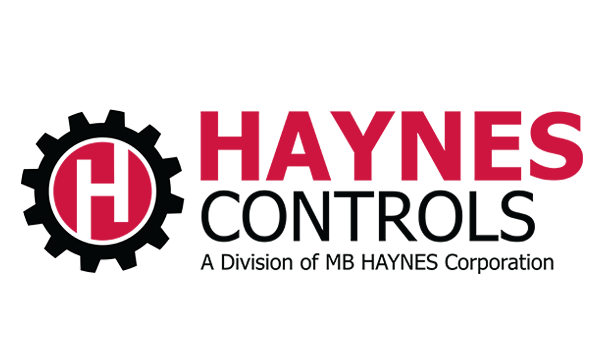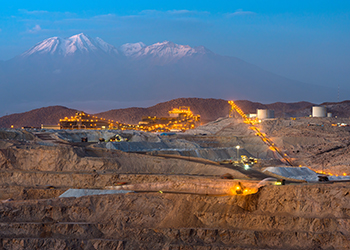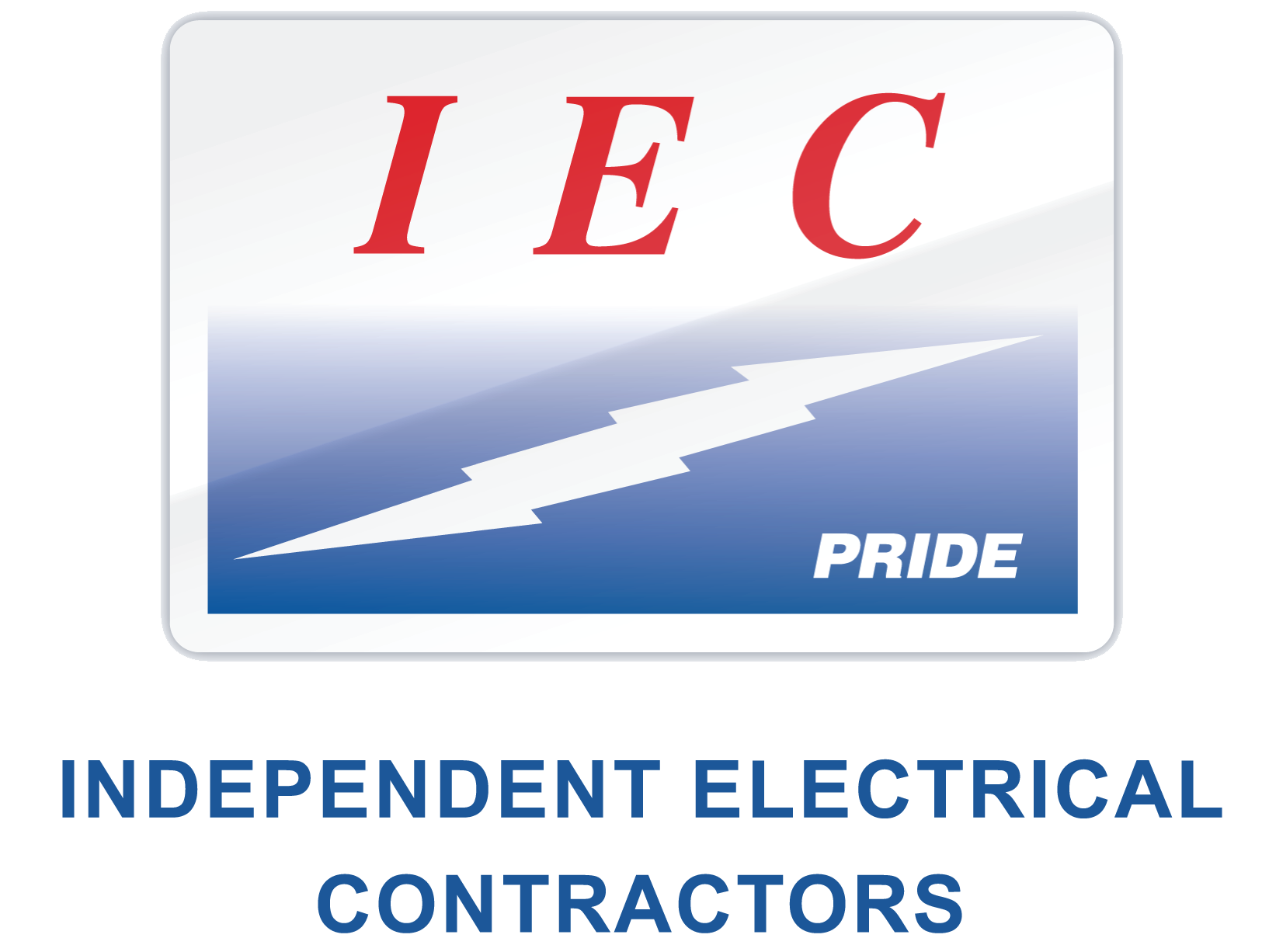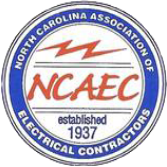
Mining and Minerals Processing
 The mining and minerals processing industry relies heavily on the use of electrical control panels to manage and regulate various processes involved in extracting, refining, and processing minerals. Electrical control panels play a crucial role in ensuring the efficiency, safety, and reliability of these operations. Here are some key aspects to consider:
The mining and minerals processing industry relies heavily on the use of electrical control panels to manage and regulate various processes involved in extracting, refining, and processing minerals. Electrical control panels play a crucial role in ensuring the efficiency, safety, and reliability of these operations. Here are some key aspects to consider:
- Process Automation: Electrical control panels are the backbone of process automation in mining and minerals processing. They integrate with various sensors, instruments, and actuators to automate tasks such as material handling, crushing, grinding, and mineral separation. Automation not only enhances efficiency but also improves accuracy and consistency in operations.
- Motor Control and Drives: In mining, a myriad of motors is used to drive equipment like crushers, conveyors, pumps, and fans. Electrical control panels house motor control centers (MCCs) that regulate the start, stop, and speed of these motors. Variable frequency drives (VFDs) are often employed to optimize energy consumption and provide precise control over the equipment.
- Safety Systems: Safety is paramount in the mining industry. Electrical control panels incorporate safety systems to monitor and control potentially hazardous situations. These systems may include emergency shutdown (ESD) systems, fire detection and suppression systems, and gas monitoring systems. These safety measures help protect personnel, equipment, and the environment.
- Remote Monitoring and Control: Many mining operations are located in remote or challenging environments. Electrical control panels are equipped with technologies that enable remote monitoring and control. This allows operators to manage and troubleshoot equipment from a centralized location, reducing the need for physical presence at the site and improving overall operational efficiency.
- Data Acquisition and Reporting: Electrical control panels are often integrated with supervisory control and data acquisition (SCADA) systems. These systems collect real-time data from various sensors and instruments, providing operators with insights into the performance of equipment and overall process efficiency. This data is crucial for decision-making, preventive maintenance, and optimizing production.
- Customization for Specific Applications: Mining and minerals processing operations can vary widely based on the type of minerals being extracted and processed. Electrical control panels are often customized to meet the specific requirements of each application. This might involve designing panels with specialized instrumentation and controls tailored to the unique needs of a particular mining operation.
- Compliance and Standards: The mining industry is subject to stringent safety and environmental regulations. Electrical control panels must comply with industry standards and regulations to ensure the safety of personnel and the sustainability of operations. Adherence to standards also facilitates interoperability with equipment from different manufacturers.
In conclusion, electrical control panels are integral to the smooth and efficient functioning of the mining and minerals processing industry. They provide the necessary control, automation, and safety features to optimize production, enhance worker safety, and meet regulatory requirements. As technology continues to advance, the role of electrical control panels in this industry will likely evolve, incorporating innovations such as the Internet of Things (IoT) and artificial intelligence for even greater efficiency and reliability.
Our Industries
- Agricultural Industry
- Automotive Manufacturing
- Chemical Laboratories
- Chemical Processing Industry
- Data Centers
- Educational Institutions
- Entertainment and Broadcasting Industry
- Food and Beverage Processing Industry
- Manufacturing Industry
- Medical Equipment Manufacturing Industry
- Mining and Minerals Processing Industry
- Oil and Gas Industry
- Pharmaceutical Manufacturing Industry
- Pulp and Paper Manufacturing Industry
- Rail Transportation Industry
- Renewable Energy Industry
- Research Laboratories
- Telecommunications Industry
- Textile Industry
- Transportation Industry
- Water and Wastewater Treatment
- Controls Services MAIN PAGE >












